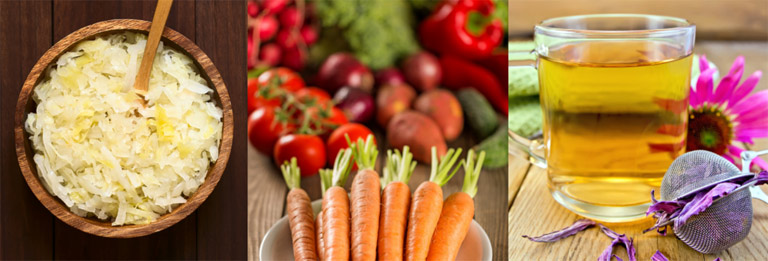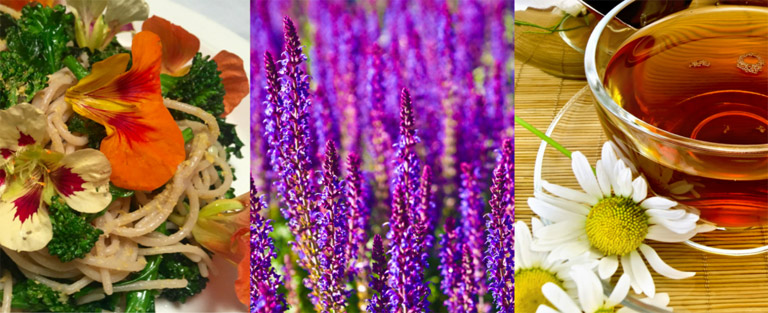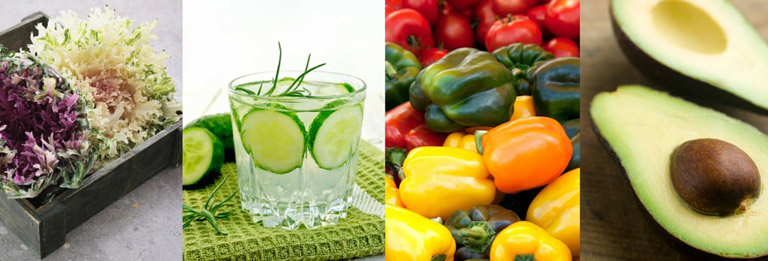Along with the COVID-19 pandemic
comes a tsunami of confusing and conflicting opinions and information about
immune system health and how to best protect and care for ourselves. I am not
an infectious disease expert. So telling you my opinion about whether I think
wearing a mask or not, how I feel about social distancing and self isolation,
or any other point of view related to disease control, would be not only
inappropriate and out of my scope of practice– but would also just add more
confusing opinions to the mix. This doesn’t really help
anyone.
So instead, I’ve prepared this article to help you better
understand what the data suggests (so far) as it pertains to what you
actually have control over in the face of this pandemic– part of that
is your body’s own ability to thrive and defend
itself! Read More




